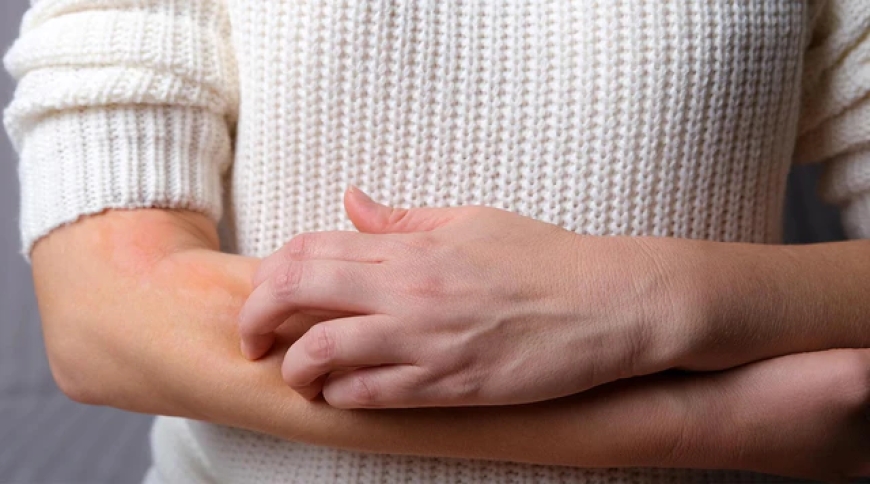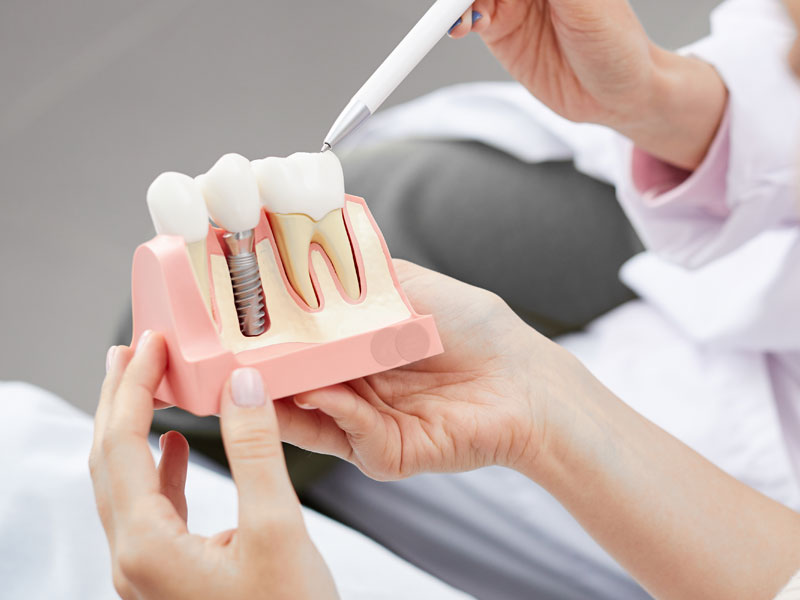Are you familiar with Plaque Psoriasis Symptoms? Discover More
Have you ever noticed unyielding, scaly patches that suddenly emerge on the skin and linger? Chances are, it's plaque psoriasis. Initiate your search option below, and you'll access a wealth of knowledge, guidance, and tactics for navigating the challenges of this persistent skin disorder.

Plaque psoriasis stands as a significant dermatological challenge, affecting a vast number of individuals across the globe. It's a chronic autoimmune disease characterized by the body's immune system attacking its skin cells. This attack accelerates the life cycle of skin cells, leading to their accumulation on the skin's surface. This results in thick, red lesions covered with silvery scales, predominantly seen on the scalp, elbows, knees, and lower back.
Identifying Early Signs of Plaque Psoriasis
Early detection of plaque psoriasis is critical for effective management. The condition manifests through various symptoms,
- Visible Skin Changes: The hallmark of plaque psoriasis is the appearance of red, raised skin patches prominently covered with silvery-white scales. These patches, known as plaques, are the most recognizable symptom and can vary in size and severity across individuals.
- Discomfort and Irritation: Plaque psoriasis often brings considerable discomfort. The affected areas may feel sore, with a persistent itching or burning sensation ranging from mild to aggravating. This discomfort can impact daily activities and overall quality of life.
- Dryness and Cracking: The skin around the plaques tends to become extremely dry, so it might crack and bleed. This adds to the discomfort and increases the risk of infection, necessitating careful skin care and moisturizing routines.
- Changes in Nails: Beyond the skin, plaque psoriasis can also affect the nails. Individuals may notice their nails becoming thickened, pitted, or ridged. In some cases, the nails might loosen or separate from the nail bed, a condition known as onycholysis.
Exploring the Causes Behind Plaque Psoriasis
The exact origins of plaque psoriasis are complex and not fully understood.
- Genetic Predisposition: Research indicates that genetics play a crucial role in developing plaque psoriasis.
- Immune System Malfunction: At the core of plaque psoriasis is an autoimmune response wherein the immune system mistakenly targets healthy skin cells. This aberrant immune reaction speeds up the growth cycle of skin cells, leading them to accumulate on the skin's surface and form plaques.
- Environmental Triggers: Various environmental factors can trigger or exacerbate plaque psoriasis in susceptible individuals. These triggers can be as diverse as stress, skin injuries (including cuts and sunburns), certain medications (like lithium or beta-blockers), and infections. Each of these factors can initiate or worsen the symptoms of plaque psoriasis.
- Lifestyle Factors: Smoking, alcohol consumption, and obesity have also been linked to an increased risk and severity of plaque psoriasis. These lifestyle choices may influence the immune system and skin inflammation, further contributing to the condition's development and progression.
Effective Management Strategies for Plaque Psoriasis
Although there is no cure for plaque psoriasis, treatments aim to alleviate symptoms and control flare-ups. Options range from topical treatments and light therapy to systemic medications and lifestyle modifications. Each of these approaches targets reducing inflammation, decelerating the growth of skin cells, and eliminating plaques.
Navigating Life with Plaque Psoriasis
- Topical Treatments: For many with mild to moderate plaque psoriasis, topical treatments, including corticosteroids, vitamin D analogs, and moisturizers, are the first line of defense. These are applied directly to the affected areas to help reduce inflammation, slow cell growth and alleviate dryness and scaling.
- Light Therapy: Phototherapy or light therapy involves exposing the skin to ultraviolet light under medical supervision and can be effective for more extensive or resistant cases. This treatment can help slow the rapid growth of skin cells associated with plaque psoriasis.
- Systemic Treatments: In cases of moderate to severe plaque psoriasis, systemic treatments, which work throughout the body, may be necessary. These include oral medications, biological injections, or infusions that target the immune system to reduce inflammation and the formation of plaques.
- Lifestyle Adjustments: Managing triggers such as stress, diet, and avoiding skin injuries can significantly control flare-ups. Incorporating stress-reducing activities, maintaining a healthy lifestyle, and using gentle skincare products can complement medical treatments to improve symptoms.
- Ongoing Support and Care: Living with plaque psoriasis requires ongoing management and support. Regular consultations with healthcare providers, staying informed about the condition, and connecting with support groups can provide valuable resources and coping strategies.
The Significance of Raising Awareness and Providing Education
Enhancing awareness and understanding of plaque psoriasis is of paramount importance. Education fosters a greater comprehension of the condition, reducing stigma and encouraging affected individuals to seek treatment. Moreover, it empowers patients to make informed decisions regarding their healthcare and promotes empathy within society.
In Conclusion
While plaque psoriasis poses intricate challenges, armed with proper knowledge, robust support, and a tailored treatment plan, individuals can adeptly navigate their symptoms and enjoy rewarding lives. Those affected by plaque psoriasis must remember that help is within reach. Enhancing your comprehension of the condition, identifying its triggers, and exploring treatment avenues allow for substantial progress in managing plaque psoriasis and offering solace to those encountering it daily.
What's Your Reaction?
























:quality(85):upscale()/2024/01/25/878/n/1922153/f94f61ec65b2bf18018990.47538761_.jpg)

:quality(85):upscale()/2024/01/26/759/n/29590734/b7f6660b65b3e8460d7196.77057039_.jpg)
:quality(85):upscale()/2024/01/27/741/n/1922153/8d43a26665b533b214de01.38307153_.jpg)










